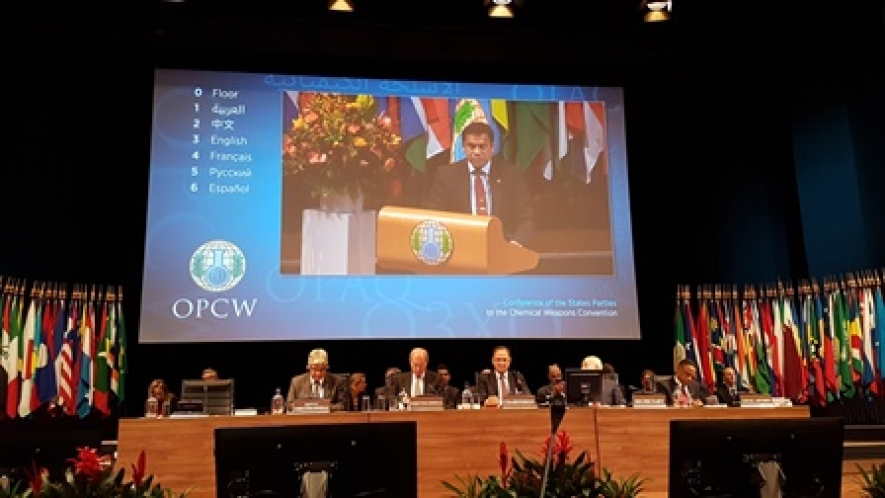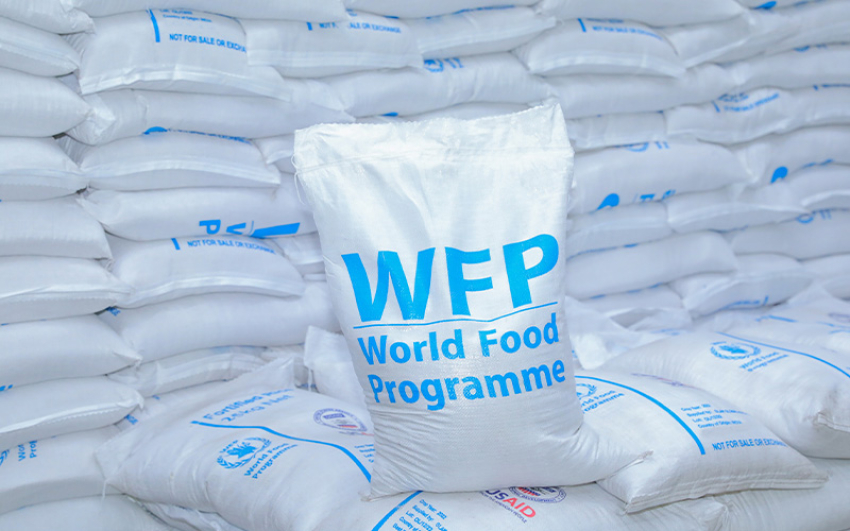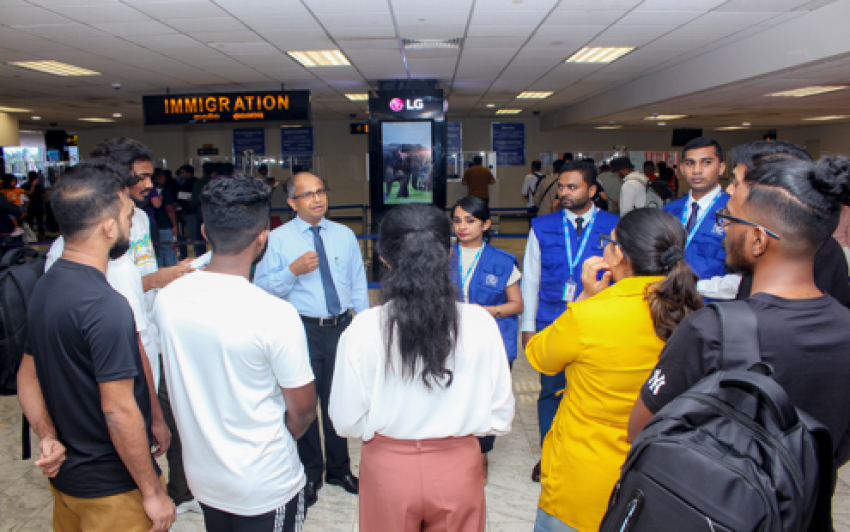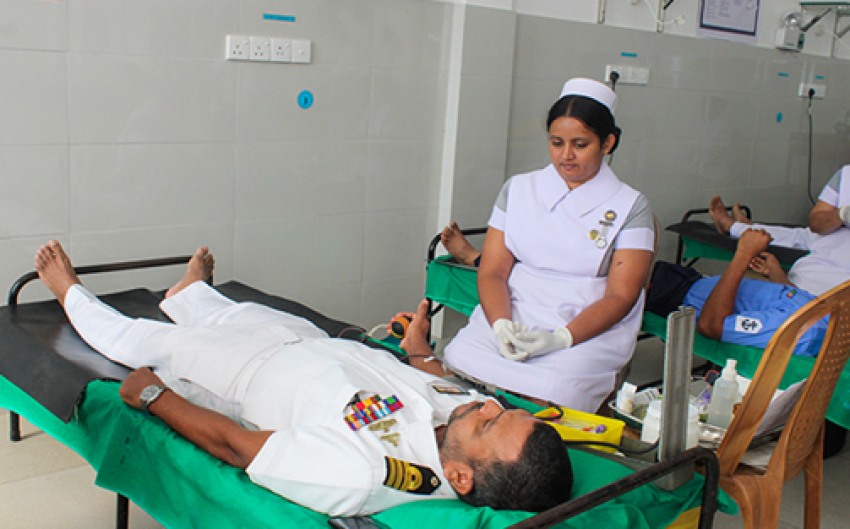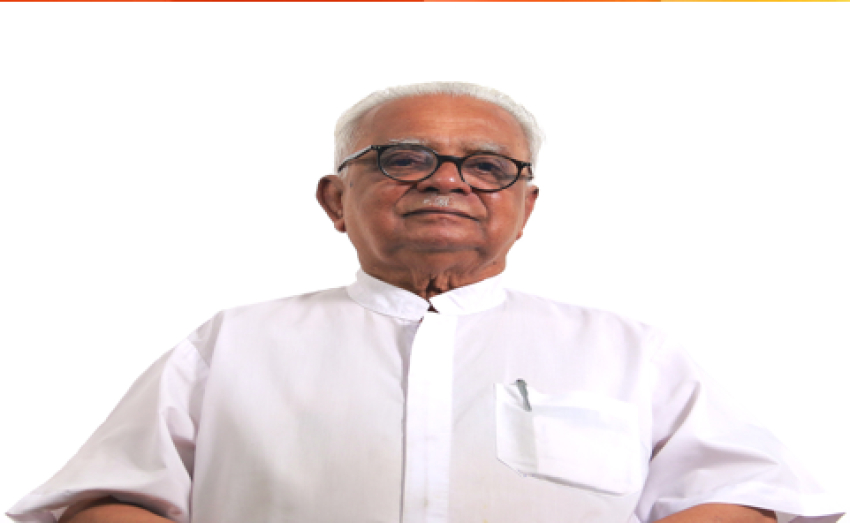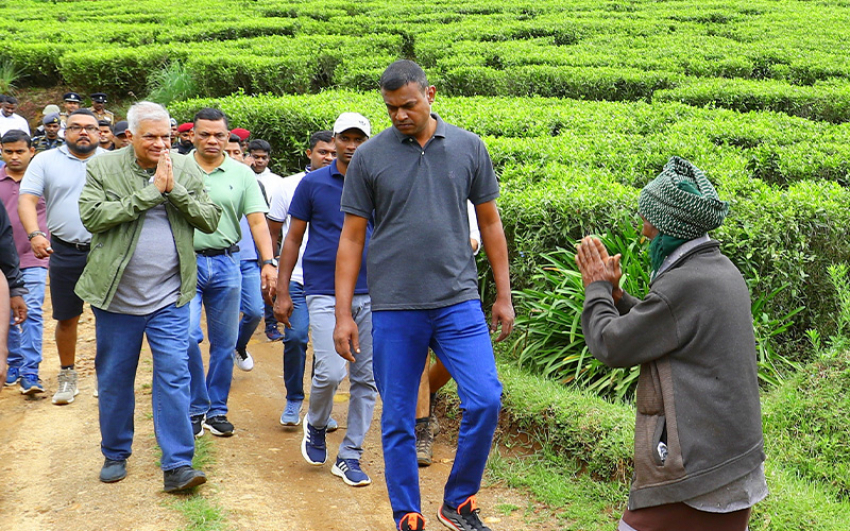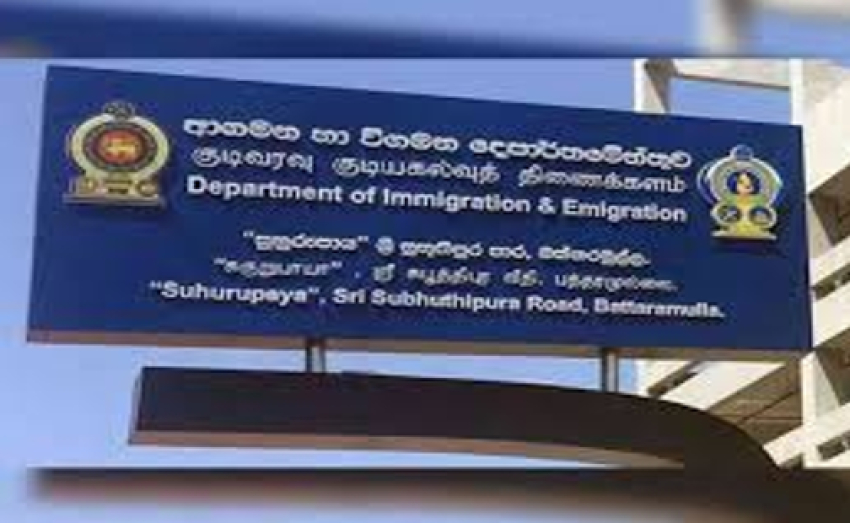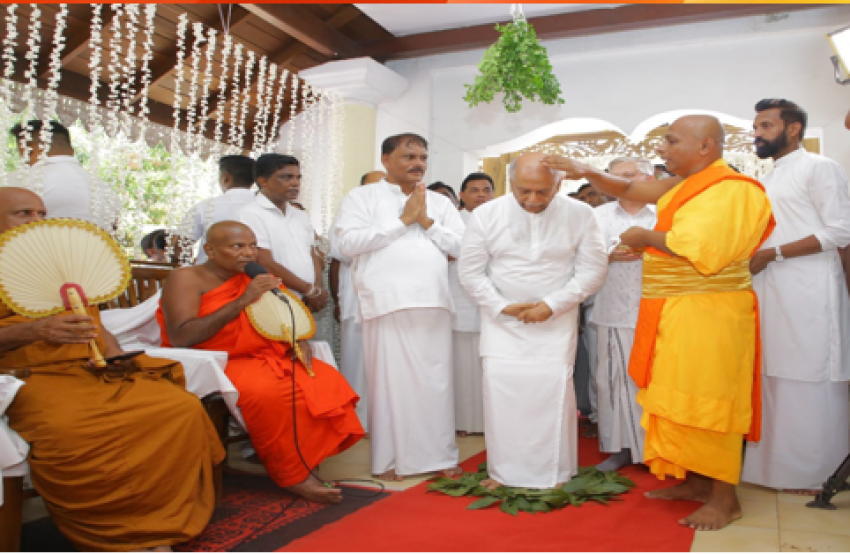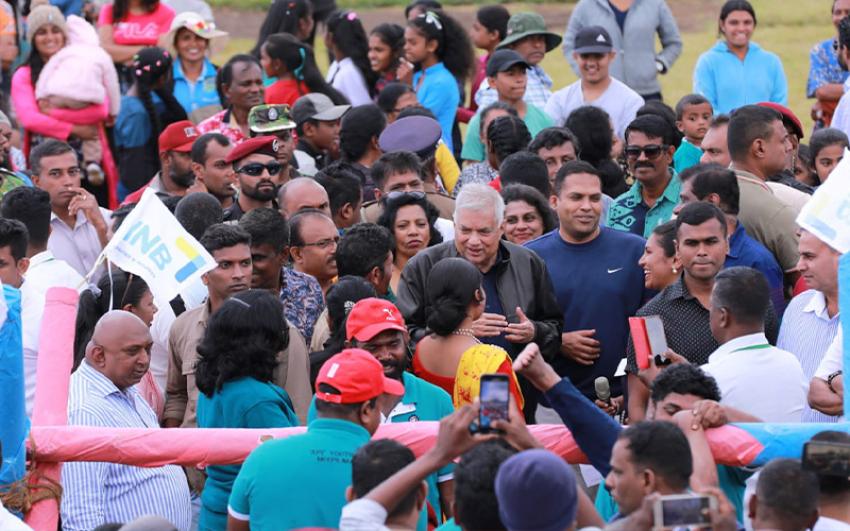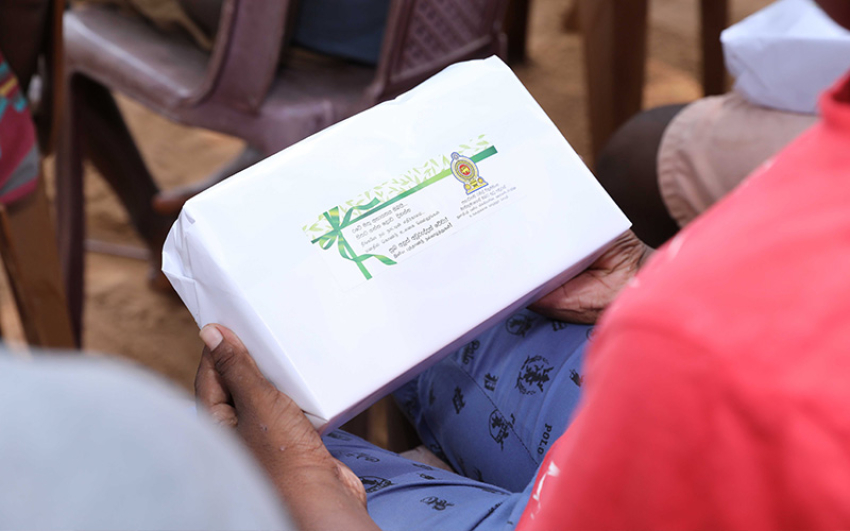Addressing the 22nd Session of the Conference of the States Parties to the Chemical Weapons Convention in The Hague, last Wednesday (29th November 2017), the Ambassador of Sri Lanka to The Netherlands and Permanent Representative to the OPCW, A.M.J. Sadiq made this call while delivering the National Statement on behalf of Sri Lanka. Elaborating further, Ambassador Sadiq noted that since the establishment of the OPCW twenty years ago, there have been major positive developments of economic and geo-political significance in Asia, Africa, Latin America & the Caribbean. Today, around 84% of the world population and 73 % of Member States of the OPCW belong to these regions.
Highlighting the rapid industrialization, especially of developing countries over the last two decades, he pointed out that the importance of chemical industry has also substantially increased in these regions. In order to better prepare the OPCW for the future, Ambassador Sadiq said that attention must not only be paid to the growing need for assistance and resources in capacity building, but also to the under-representation of Asia, Africa, Latin America & the Caribbean in the Executive Council of the OPCW. He also stressed the need for regional groups to formulate rules or guidelines, based on the principle of rotation to ensure that all Member States have equitable opportunities to serve on this important body.
Congratulating the OPCW on its 20th anniversary, Ambassador Sadiq stated, “This year marks the 20th anniversary of the entry into force of the Chemical Weapons Convention, which established the OPCW. During the last two decades, the OPCW has facilitated the near universal disarmament of an entire class of a weapon of mass destruction. This makes the Chemical Weapons Convention the most successful international disarmament treaty in the world. With currently 96 percent of declared chemical weapon stockpiles verifiably destroyed, under the supervision of the OPCW, this 20th anniversary marks another milestone in the global endeavour to free the world of chemical weapons.”
As part of its own contribution to capacity building, the National Authority of Sri Lanka, with the assistance of the OPCW, conducted the 5th Regional Basic Training Course on Emergency Response to Chemical Incidents in Colombo from 6th to 10th February this year, attended by 37 participants from various agencies in the region. Further, as a part of the 18th edition of the OPCW Associate Program under the industry segment, a Sri Lankan company, Camso Loadstar (Pvt) Ltd, together with the National Authority of Sri Lanka, for the third consecutive year, trained two participants from Nigeria and Ethiopia.
Referring to two instances of recent success in chemical weapons disarmament, Ambassador Sadiq conveyed Sri Lanka’s appreciation to the Russian Federation for completing the destruction of its entire declared stockpile of chemical weapons, which, he said was a significant victory for the entire international community. He also welcomed the completion of the destruction of Libya’s remaining Category 2 Chemical Weapons and commended the Technical Secretariat and all other associated States Parties and organizations for their support and assistance in this endeavour.
The Sri Lankan envoy called upon States still in possession of chemical weapons to take all necessary steps, without any further delay, to expedite the destruction of their declared chemical weapons stockpiles, old chemical weapons and abandoned chemical weapons, since the existence of such chemical weapons continues to pose a threat to global security.
The Conference of the States Parties (CSP) is the principal organ of the OPCW and consists of representatives from each of the Organization’s Member States. It meets annually to assess the implementation of the Chemical Weapons Convention (CWC) and to make key decisions regarding the future work of the Organization.

